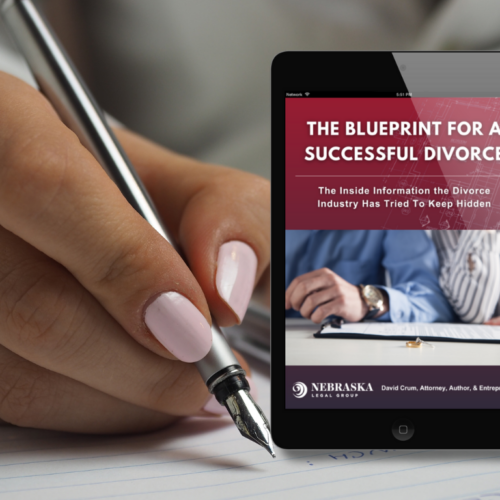Understanding Your Divorce Options
Nebraska is a “no-fault” state meaning that blame is not apportioned during a divorce and it is enough that the marriage is irretrievably broken for a divorce to be granted. It should be noted that there is a requirement of one year of residency before filing for divorce in Nebraska unless you were married within the state and have resided continuously in Nebraska for the entirety of the marriage.
There are many different types of divorce, each with its own benefits and drawbacks which is why it is best to begin with an attorney consultation to understand which option is best for your specific situation.
Uncontested Divorce
If you and your spouse have been able to come to a complete agreement regarding the division of property and time-sharing with the children, a Lincoln uncontested divorce attorney may be your best option. Once a complete agreement has been made between parties, the divorce attorney will prepare the divorce packet memorializing the agreements made between the parties and file all documents with the Court.
Collaborative Divorce
Collaborative divorce is a specialized divorce process that is completely controlled by the parties and their attorneys which offers a more needs-based assessment, in which the emotional component is addressed and the parties are encouraged to get creative in reaching a final agreement. The process is aimed at not only divorcing the parties and allowing them to move on, but the healing process often required to do so, for all parties involved, including the children.
Mediated Divorce
If you and your spouse have reached an agreement on some terms of your divorce, but would like an attorney to help you resolve the remaining issues, another good option can be a Mediated Divorce. In a mediated divorce, however, the attorney acts as a neutral third party who facilitates a settlement based upon his or her understanding of Nebraska law. In a mediation, the attorney usually prepares all paperwork necessary to finalize the divorce.
Litigated
In a traditional/litigated divorce, while the parties are encouraged to work together to reach a resolution if a universal agreement cannot be made and ultimately the parties cannot agree, it is up to the judge to decide. The judge is tasked with sticking to the letter of law, with emotional issues and hurt feelings aside. Effective litigation work is highly specialized and requires a very specific set of legal skills by an attorney.




